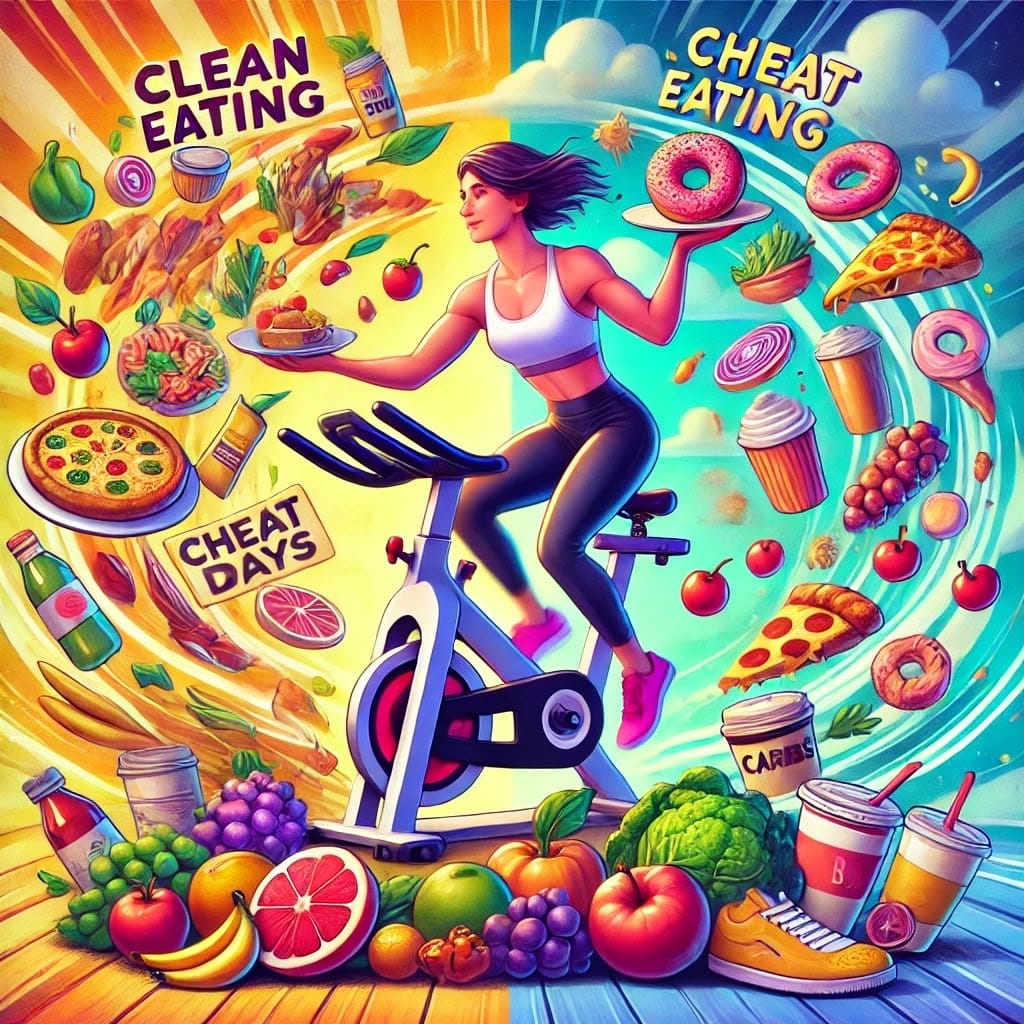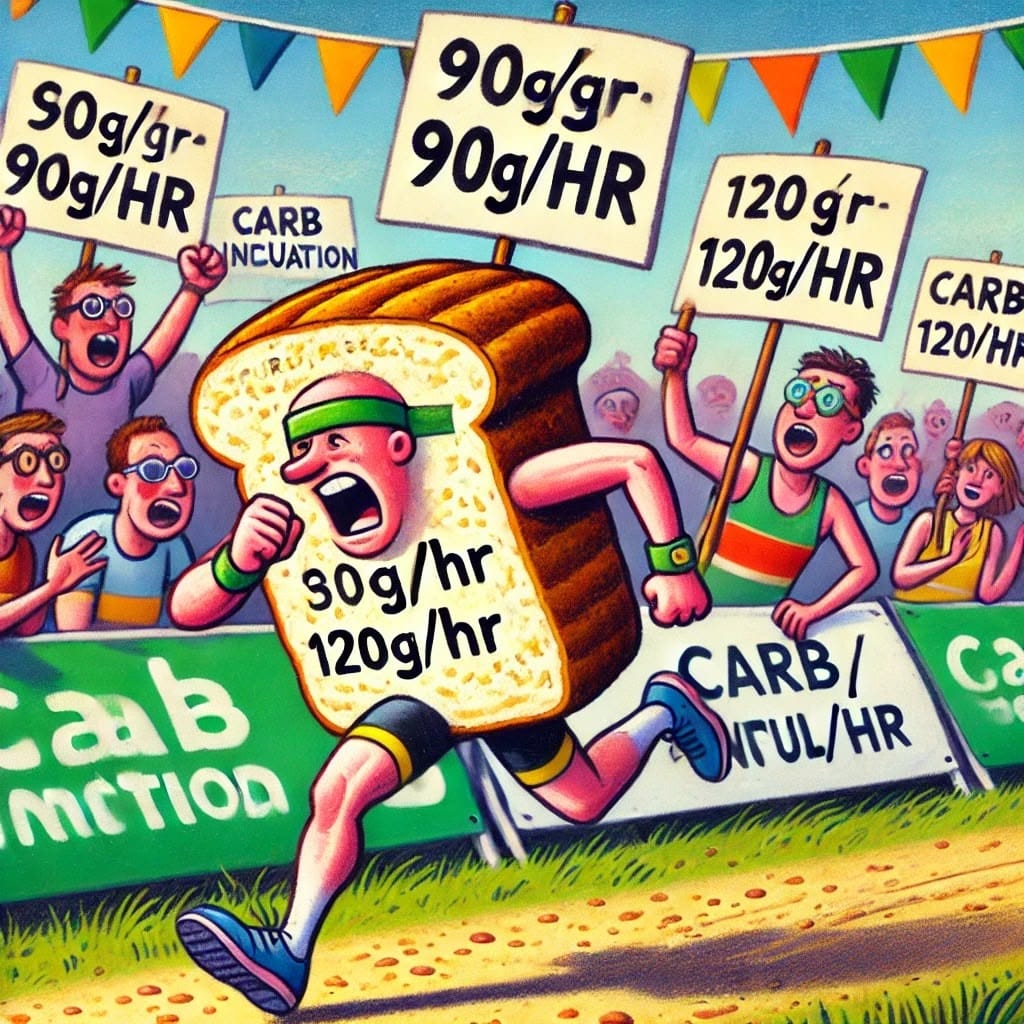Clean Eating, Cheat Days & Carb Inflation: When ‘Healthy’ Habits Get Toxic
When ‘healthy eating’ becomes an obsession, it can sabotage both performance and happiness. Learn to spot hidden pitfalls—plus practical ways to fuel for real results.

If you’re an athlete—or just a fitness buff with a side of Netflix marathons—you’ve probably heard the buzzwords: clean eating, cheat meals, fueling strategies, “good” carbs, “bad” carbs. It’s enough to make your head spin faster than a stationary bike class. But not all “healthy” habits are actually healthy—especially when they descend into obsessive territory.
Orthorexia: The Misunderstood “Clean Eating” Trap
Ever been so fixated on eating “clean” that you panic at the sight of a bagel? Orthorexia is an unhealthy obsession with food purity that can undermine your well-being. And yes, it can be tricky to spot—particularly because your friends and family might cheer you on for always avoiding sugar, gluten, or anything that wasn’t grown in your meticulously curated backyard. In reality, if your meal planning monopolizes every brain cell you have or zaps your ability to socialize (hello, fear of restaurant menus!), it might be time to re-evaluate.

The Myth of Cheat Days
If you feel the need to label any meal as a “cheat,” raise that red flag. Food, at its core, is fuel. Sure, some choices are more nutrient-dense than others, but making your Friday-night pizza sound like a moral failing is a slippery slope. If your entire week is spent punishing yourself to earn that meal, you’re probably veering into joyless eating territory. Nobody wants to white-knuckle their fork like it’s a final exam.
Tracking & Measuring: The Fine Line
Tracking macros can be helpful if you’re aiming to dial in performance, especially for endurance events or demanding training cycles. But let’s be honest—when does it become too much? If the day’s mood hinges on hitting a magic number in your calorie-tracking app, or you weigh your broccoli florets with scientific fervor, you might be sacrificing mental well-being for the illusion of control. For some, data helps ensure they’re getting enough nutrients; for others, it’s a gateway to anxiety and restricting behaviors. Know which camp you’re in.

Big Carb vs. Low Carb: Where Does It End?
Carb recommendations for athletes seem to keep inflating, like we’re trying to set a world record in the pasta-swallowing Olympics. One year, the talk of the town is “training low” to adapt your body to fat-burning. The next, we’re downing 150 grams of carbs per hour during a race and carrying a loaf of sourdough as our mid-run snack. Truth bomb: there is no single formula that works for everyone. Body size, gender, training volume—these factors matter. Experiment mindfully, and skip the social-media panic about whether 90 grams or 120 grams is the new gold standard.
Performance, Not Perfection
At the end of the day, true health and high-level performance hinge on fueling adequately, resting enough, and building resilience. If your diet approach is turning you into an anxious hermit—or worse, leaving you underfueled and injured—congratulations, you’ve found the opposite of healthy. Focus on the big picture: balancing the right nutrients, hitting your workouts, staying injury-free, and leaving room for fun. Sometimes, that means an extra piece of pie on Thanksgiving with zero guilt.
So, before you join the latest carb frenzy or vow never to touch a donut again, ask yourself if these choices are boosting your well-being or fueling an anxiety spiral. Because the best “clean eating” plan is one that doesn’t ruin your life.





